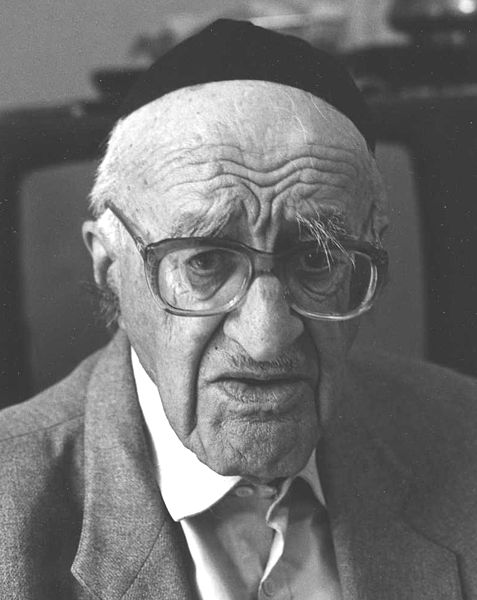Drafting the ultra-Orthodox is a diversion. It’s more important for their kids to learn math and English
Gershom Gorenberg
Prospect Magazine in the UK has posted my portrait of the crisis facing Israel’s haredim – and all the rest of us.
“The system just isn’t relevant to life,” says Asher Gold. He wears black trousers, a black velvet skullcap, and a pale lavender shirt, one shade from white, one shade away from the standard dress of the ultra-Orthodox Jewish male. The other four young men at the table are more circumspect about dissidence; they wear white shirts. The café where they’ve chosen to meet me is in a courtyard one flight down from street level in a Jerusalem commercial district: a place both public and removed from sight, appropriate for scathing words.
Gold, 25, is talking about the accepted course of ultra-Orthodox life in Israel, in which men devote much or all of adulthood to religious study rather than to making a living. “At some stage a person looks at the situation and says, ‘This just cannot continue,’” he says. “‘No one is throwing loaves of bread from heaven. You have to go to work.’”
“The manna,” says Elimelech, another of the men, “isn’t coming down.”
“There was an ideal society, a society that can’t exist in the real world, and yet it existed,” says a third.
“People lived in a utopia,” says Gold, “until the reality shattered.”
Other Israelis would dismiss the assertion that ultra-Orthodox society was ever a utopia, noting that the manna that feeds it comes not from heaven, but from the government, and that too much is still falling. But they would not disagree that ultra-Orthodoxy as lived in Israel has become unsustainable.
Read more






